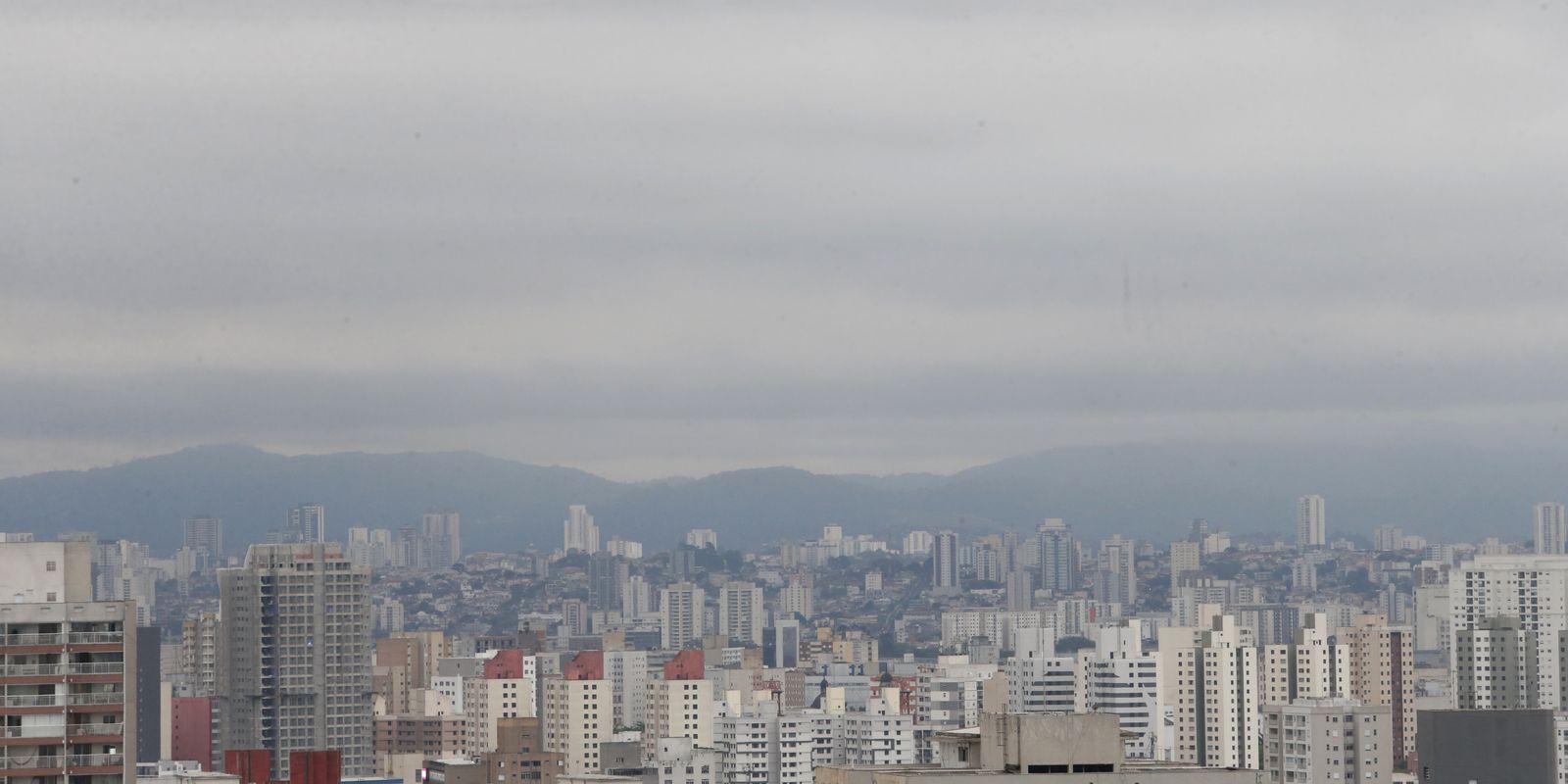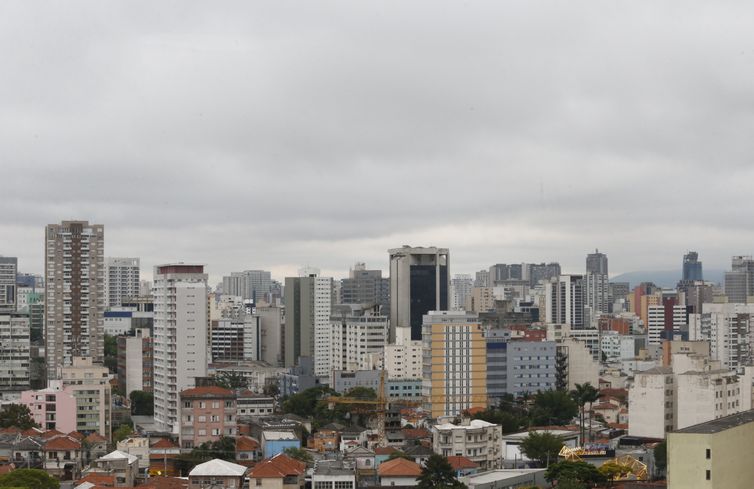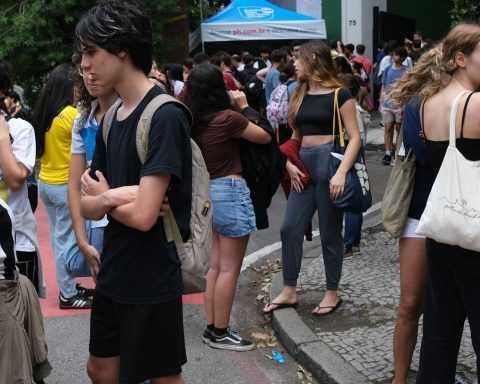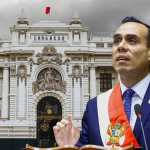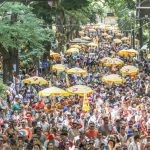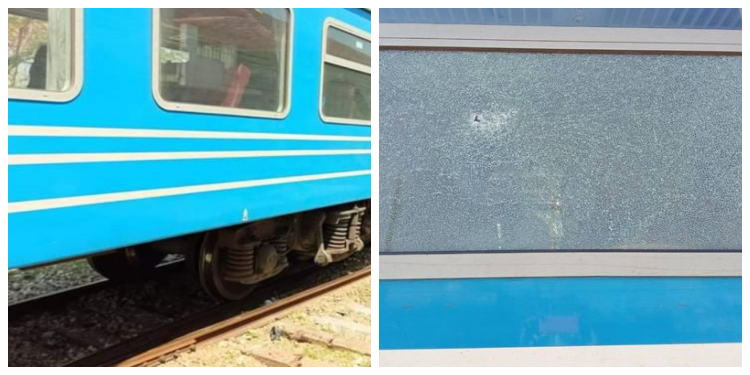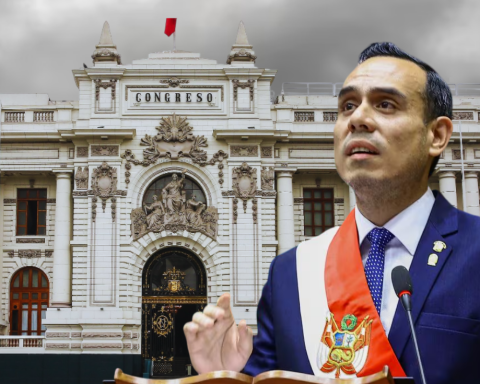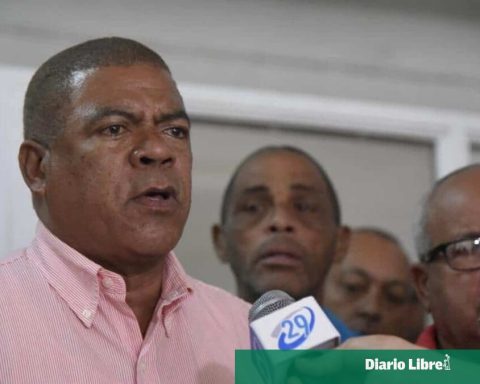The capital of São Paulo has the largest municipal budget in the country, with gross revenue of R$93 billion. It is also the municipality with the largest population, with 11.4 million residents. Around one in every 17 Brazilians lives in the city, the country’s main financial center and one of the main showcases for national politics. As a mirror of Brazil, it reflects its enormous inequalities, with social indicators at extremely low levels in basic segments, such as health and education.
However, despite low rates in sectors that are fundamental to residents’ quality of life, such issues are not at the center of discussions in the current electoral campaign, according to experts consulted by Brazil Agency.
Based on surveys of the Sustainable Cities Development Index (IDSC) of the Sustainable Cities Institute, under the parameters of the goals defined by the Sustainable Development Goals (SDGs), and the Brazilian Institute of Geography and Statistics (IBGE), some points should deserve more attention from the city’s mayoral candidates. The case of public security, since São Paulo, although it is well evaluated in a general aspect of this aspect, has a poor evaluation in points such as deaths due to aggression, deaths due to firearms and male juvenile homicide.
Furthermore, the population of São Paulo still lives with high rates of crimes considered to have less offensive potential, such as cell phone theft. São Paulo has the third highest rate of device theft in the country, with 1,781 units stolen for every 100,000 inhabitants, behind only the capitals Manaus and Teresina.
For sociologist Benedito Mariano, former security secretary of the capital and the cities of São Bernardo, Diadema and Osasco, in the metropolitan region of São Paulo, security must be focused on preventing and valuing transversal aspects, such as conflict mediation . It also defends the integration of civil and military police and the use of intelligence strategies, directing more overt efforts from the Metropolitan Civil Guard.
Without going into the merits of the candidates’ proposals, generally more focused on increasing the number of guards and investing in more equipment, Mariano defends the so-called proximity policing, when “police officers are closer to the population, present in everyday life of the city at peak times, which surround bus stops, in addition to schools, large businesses in peripheral areas and in the central region itself”.
The former secretary also points to the use of monitoring, with security cameras, a resource that is increasingly present in everyday life in the metropolis. In this case, he states that such equipment creates a “feeling” of security for residents, in addition to actually contributing to inhibiting the commission of crimes and providing important support for the investigation of those already committed.
But for more effective action to combat crime in the capital, as well as in other locations with high crime rates, Mariano points out that São Paulo would need to invest in so-called preventive and community policing. Something that does not violate the duties of the Municipal Guards, prevented by law from carrying out overt repressive policing.
“The municipal guard, in addition to taking care of its own public, can, as mandated by law, exclusively carry out preventive and community policing. What is up to the municipality is (what we call) municipal citizen security, articulating security with sport, culture, education and other social departments. Municipalities are the most prepared, the most suited to introducing prevention policy and. therefore, contribute to oxygenating the system”, explains Mariano.
Housing and transport bring down the quality of life in the city
Other indicators of the Sustainable Development Goals (SDGs) in which the city has a long way to go to improve its indicators are the quality of housing for the poorest and the transport time spent daily on everyday trips.
For engineer and master in Transport from the Polytechnic School of USP, Sergio Ejzenberg, the solutions to this problem include investment in high-capacity mass transport, with support for state investments in rail transport and the increase and integration of bus lanes.
“Our subway network is very limited. We have 100 km of line, but we need at least 400 km to have an adequate service. Full or empty, it is a mode with constant speed, as there is no congestion for it. Travel time is short and this makes the travel time acceptable. Today’s is unacceptable, cruel and inhumane, and destroys people’s mental and physical stability. This is the priority”, explains the engineer.
“It is a matter of expanding the spatial coverage of the network – which already carries out 15 million daily trips in the city of São Paulo and more than 20 million if we consider the entire metropolitan region -, increasing its capillarity and providing more route options for residents ”, added Ejzenberg.
Another flaw in municipal transport pointed out by the researcher is in the participation format that defines its investments. For him, there is a logic of ineffective participation, centered on public hearings that are not very transparent.
“A good public hearing can improve a good project or bury a bad project”, but the current model facilitates processes in which there is a lack of balance and hearings are often limited to a game of scenes in which the participation of the population is emptied, in favor of other interests”, he criticized.
In fact, popular participation, not only in the area of public transport, but also in other areas of municipal administration, is a guideline that is very rarely present in the programs of mayoral candidates, if not completely non-existent.
Another challenging parameter for the next governor of the city of São Paulo, highlighted in the Sustainable Cities study, is the issue of popular housing and access to housing. For professor Paulo Silvino, from the São Paulo School of Sociology and Politics Foundation (FESPSP), “the issue cannot be discussed without leaving aside the fact that the existence of poverty in the city, which is related to its economic dynamics, because where there is There is a lot of wealth and a lot of poverty.”
According to the professor, “wealth, in the capitalist mode of production, is built from it (poverty). In the urbanization of São Paulo we have the materialization of this growth model, with wealth at its center and poverty on its peripheries. Managing São Paulo means managing its poverty. It is not possible to prevent it, but it is possible to create policies for a dignified life.”, explained Silvino.
The researcher and executive director of the Polis Institute, Rodrigo Iacovini, complements the position by highlighting that “the perpetuation of poverty has its origin in the maintenance of inequalities caused by the exploitation of labor and the exploitation of the work of the low-income population, having a very intense relationship with elements of race and gender”.
But what can be improved through the actions of municipal management? Iacovini explained that there are policies that encourage fairer production dynamics, with incentives for the popular economy, the generation of employment and income, and from community businesses and small rural producers, in addition to incentives that also guarantee the subsistence of small businesses. , which is often played by a single family or a single person.
These issues have appeared little in the campaign, according to the FESPSP professor, for whom the proposals have not been discussed in a debate that is being hijacked by chairs and insults between the candidates.
The government plans have some generic proposition, but this does not even reach the public, who do not look for these plans through a critical reading. This lack of demand, however, does not mean that people do not know how to vote, highlights the researcher, for whom “we have to be careful when criticizing the political consciousness of the population. It may not be clear, from an ideological point of view.” , but people have positions and know what they want.”
